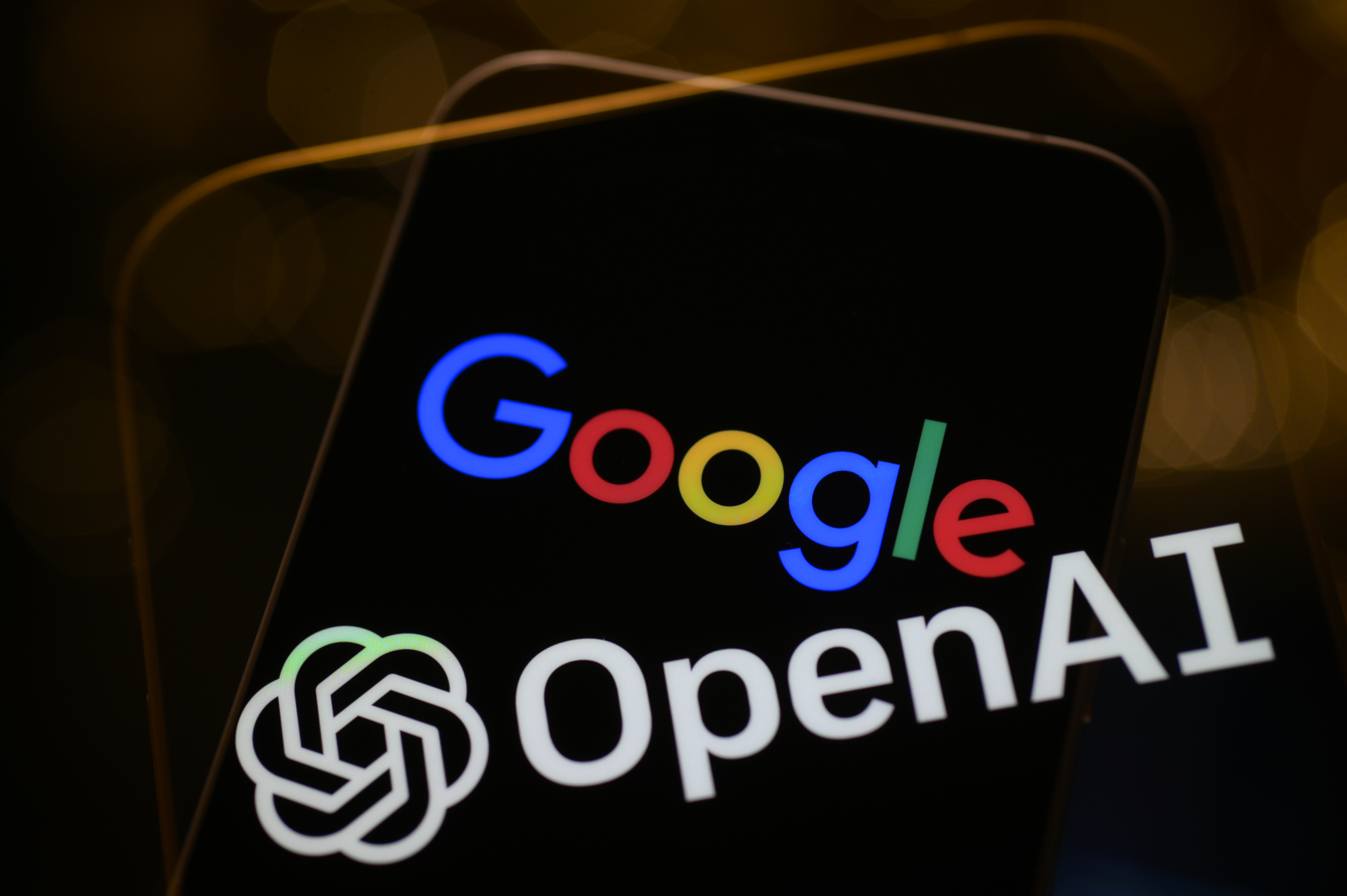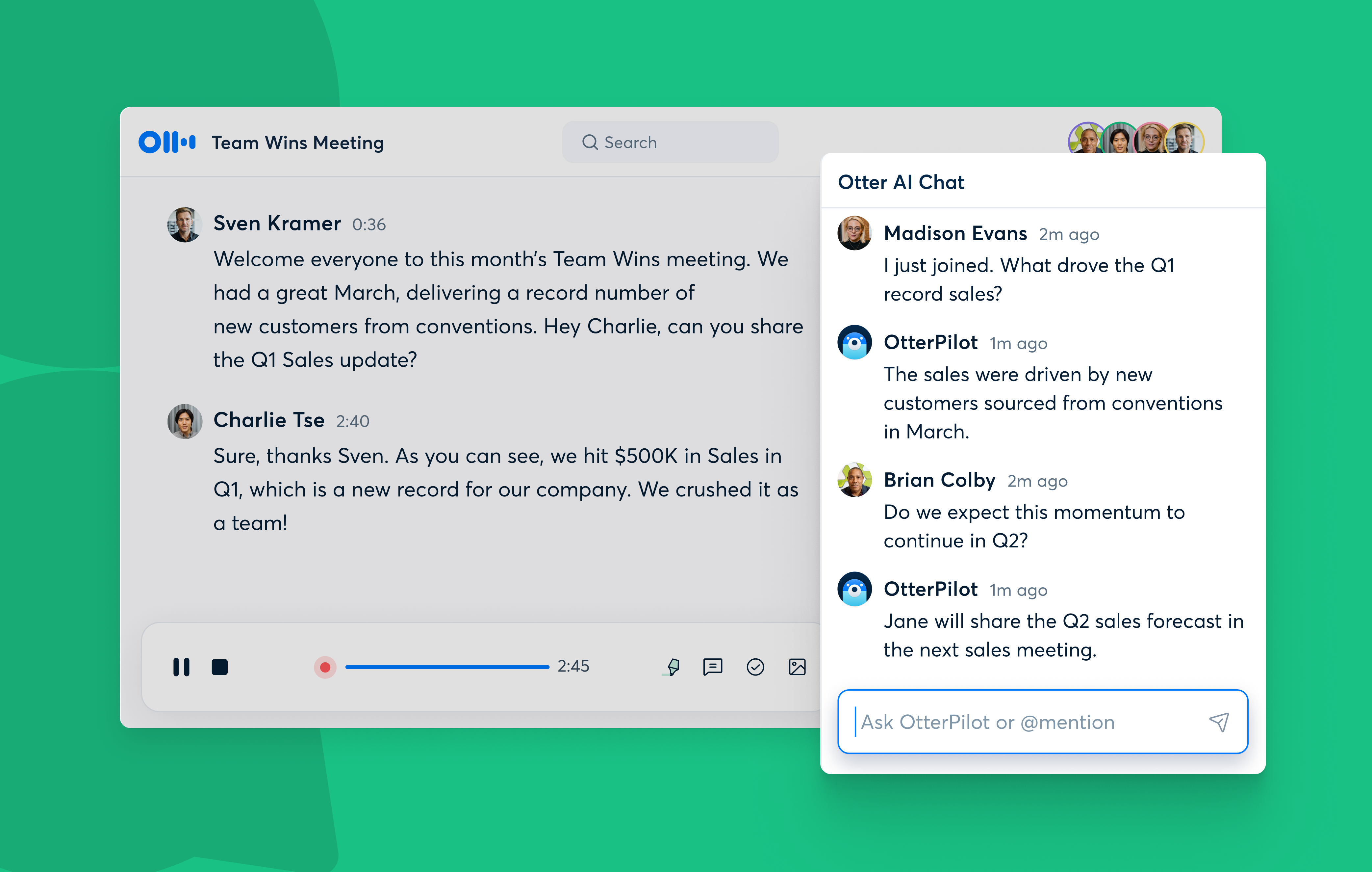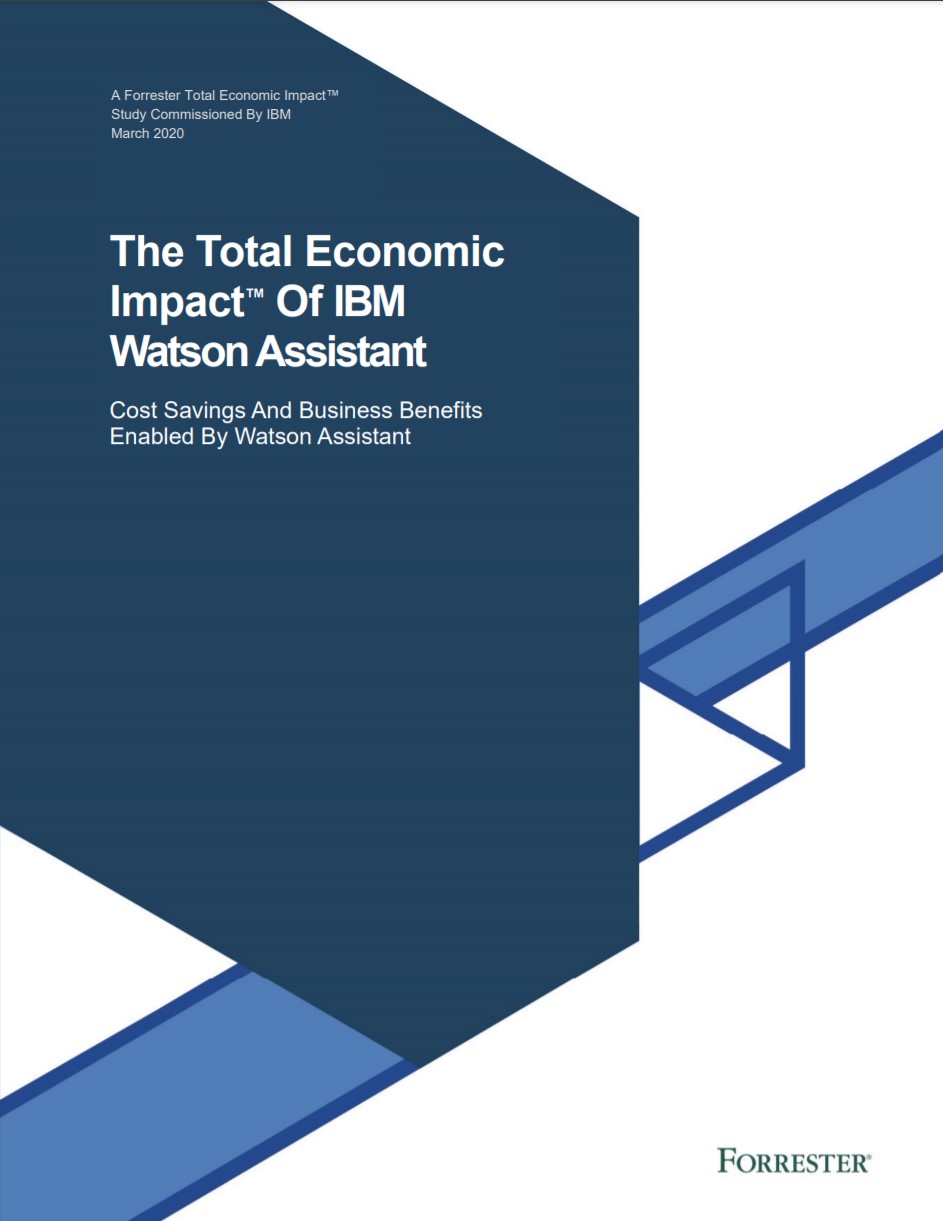Why Honest Burgers is proud to ditch email
Employees have embraced Workplace from Meta, allowing the restaurant chain to streamline comms and build chatbots for training


Adverts for Microsoft Teams, Slack or even Zoom usually follow the same format; people working together from the comfort of their own homes, in corporate jobs. There’s obviously nothing inherently wrong with that, but it does target one specific type of business, rather than demonstrate the full range of use cases different organisations can take advantage of, exemplified by the rise in virtual events since the pandemic.
Away from the living room, quizzes and shows, one effect collaboration platforms have had across the business landscape is taking away some of the emphasis of email, especially from an internal perspective.
The argument for removing email for certain members of staff, and replacing it with a collaboration platform, is particularly compelling for workers in the service industry. Waiters, cleaners, and shop floor assistants have little use for a specific email address tied to their job, although will need to be contacted from time to time by their employer.
Honest Burgers is one such business that’s done away with email addresses for their staff on the restaurant floors, instead opting to use the Workplace platform from Meta. This move has allowed the brand to “streamline” communications for employees, according to the head of employer brand at Honest Burgers, Oli Cavaliero.
“We didn't have a communications platform or a central platform before using Workplace. Instead, we had thousands of emails, WhatsApp groups, and messages, as well as different systems where we would hold documents and learning material,” he says.
“Now, we don't have internal emails and everything is done through Workplace. Our entire library of resources can be found on the platform, and we have other platforms that we use connected to Workplace so everything that we do is driven through Workplace, rather than having multiple logins for different platforms.”
Necessary communications
Much has been said about the death of email, and whether there’s a role for the archaic technology in the modern era, especially one that’s saturated with communication and collaboration platforms. Despite several providers building tools intent on superseding the email inbox, such as Slack Connect and Microsoft Teams connect, no company has yet found a silver bullet in the war against email. Using Workplace, though, Honest Burgers claims it’s found a middle ground between wasting resources on unused email accounts and the necessary communications that need to be sent out.
Get the ITPro daily newsletter
Sign up today and you will receive a free copy of our Future Focus 2025 report - the leading guidance on AI, cybersecurity and other IT challenges as per 700+ senior executives

Co-founders Tom Barton and Philip Eeles (pictured) established Honest Burgers in 2010 as a pop-up tent in Brighton
Employees need to have an understanding of the potential dangers they may encounter throughout a restaurant, from the kitchen to the table, for example. Employees, in previous years, would have had to log in to a portal they barely used, often resetting their passwords along the way, before running through mandated courses in order to simply get back to doing their jobs.
By transitioning to the collaboration platform, Honest Burgers has managed to integrate its staff training resources into chatbots that use multiple choice and free-text answers to provide a simple way to complete the course.
“At Honest, we initially used chatbots to share information to get feedback,” Cavaliero says. “From there, we’ve increased the complexity, and our systems engineer has been able to share his knowledge to the wider team, so we can create our own chatbots in our specialist areas.
“When a new member joins the team, they’re educated through chatbots. Initially, they'll be introduced to Workplace, then the chatbots guide them through the process. There are different areas that employees can train in, but the reason for us doing this is to simplify the process, rather than having a huge system with information we wouldn't necessarily need all the time.”
Boosting engagement
As with all collaboration platforms, adoption is key to its success. Being able to create chatbots, after all, isn’t useful if nobody is using Workplace. Cavaliero, however, says engagement has been high amongst its 600-strong employee base, with uptake well within the 90% range.
“Over 99% of our team are activated on Workplace, and 90% of our team log on at least ten times within a 28 day period,” he says. “That shows that employees are engaged, but we also understand that people might not want to be so engaged so we have to be absolutely fine with that.
RELATED RESOURCE

How digital strategy is building a better future for construction
Save time and money with digital solutions
“Our employees can just use Workplace for the tools they need. We require them to use a chatbot to fulfil the health and safety course, for example. Some may not want to go on to our culture page and look at some of the pictures from some of the celebrations that have been going on.
“That said, as we've used Workplace more and integrated more initiatives, the engagement has certainly increased. Whether it's health and safety training, a bot platform, or our own HR system called the Brain that we’ve built, it all plugs into Workplace, which allows us to be flexible as well make changes when we want to.”
Elliot Mulley-Goodbarne is a freelance journalist and content writer with six years of experience writing for B2B technology publications, notably Mobile News and Comms Business. He specialises in mobile, business strategy, and cloud technologies, with interests in environmental impacts, innovation, and competition. You can follow Elliot on Twitter and Instagram.
-
 Why keeping track of AI assistants can be a tricky business
Why keeping track of AI assistants can be a tricky businessColumn Making the most of AI assistants means understanding what they can do – and what the workforce wants from them
By Stephen Pritchard
-
 Nvidia braces for a $5.5 billion hit as tariffs reach the semiconductor industry
Nvidia braces for a $5.5 billion hit as tariffs reach the semiconductor industryNews The chipmaker says its H20 chips need a special license as its share price plummets
By Bobby Hellard
-
 Big Tech AI alliance has ‘almost zero’ chance of achieving goals, expert says
Big Tech AI alliance has ‘almost zero’ chance of achieving goals, expert saysNews Companies like Microsoft, Google, and OpenAI all have competing objectives and approaches to openness, making true private-sector collaboration a serious challenge
By Rory Bathgate
-
 Otter.ai brings collaborative AI to meetings with Otter AI Chat
Otter.ai brings collaborative AI to meetings with Otter AI ChatNews The speech-to-text giant has set its sights on contextual AI
By Rory Bathgate
-
 Slack says automation can save every employee a month of work per year
Slack says automation can save every employee a month of work per yearNews Research from Slack found that workers believe generative AI tools will revolutionize productivity
By Ross Kelly
-
 Generative AI has left the metaverse in the dust
Generative AI has left the metaverse in the dustOpinion Generative AI demonstrating tonnes of business use cases only serves to highlight the hopelessness of the metaverse
By Rory Bathgate
-
 Meta's earnings are 'cause for concern' and 2023 looks even bleaker
Meta's earnings are 'cause for concern' and 2023 looks even bleakerAnalysis Calls for investor faith in metaverse tech only emphasise the worries that its investment strategy won't pay off
By Rory Bathgate
-
 Seven steps to keeping metaverse meetings safe and secure
Seven steps to keeping metaverse meetings safe and secureIn-depth There are practical measures you can take to keep virtual meetings productive, safe and ethical as your team embraces VR-powered spaces
By Charles Radclyffe
-
 Into the metaverse: Everything we learned from our virtual tour
Into the metaverse: Everything we learned from our virtual tourOpinion Constant distractions – and not much collaboration – make it hard to see the business use cases
By Bobby Hellard
-
 The Total Economic Impact™ of IBM Watson Assistant
The Total Economic Impact™ of IBM Watson AssistantWhitepaper Cost savings and business benefits enabled by Watson Assistant
By ITPro